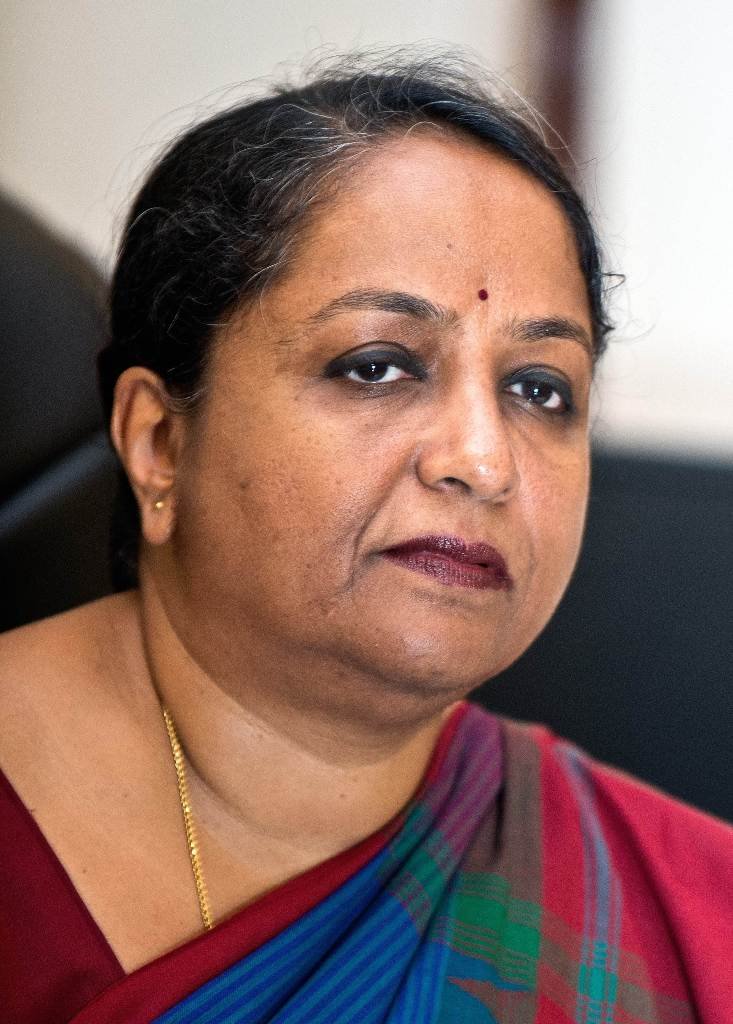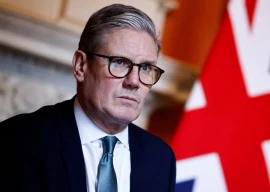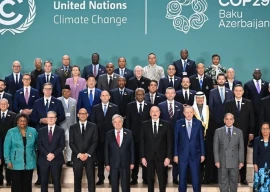
Indian Foreign Secretary Sujatha Singh said on Friday that her country was looking forward to resolving all outstanding issues with Pakistan, including the festering Jammu and Kashmir dispute, through peaceful dialogue.
“It is in the interest of India to resolve all issues, including Jammu and Kashmir, with Pakistan,” she said during an interaction with a group of Pakistani journalists in the Indian capital.
She said that except talks, there was no alternative to finding a solution to the longstanding disputes. However, she made it clear that New Delhi would not accept the role of any outside power.
Singh’s reference to Kashmir is significant given that since the November 2008 attacks on Mumbai’s landmarks, the Indian government has avoided discussing the issue publicly. “India wants a relationship of peace and friendship with all its neighbours, including Pakistan,” she added.
The foreign secretary said regardless of the outcome of the upcoming parliamentary elections in India, the policy of pursuing peaceful relations with Pakistan would continue.

Her remarks came against the backdrop of fears that relations between Islamabad and New Delhi may be negatively affected if Narendra Modi of the Bharatiya Janata Party (BJP) becomes the country’s next prime minister.
India is all set to go to polls in mid-April with pre-election predictions suggesting bright prospects for the BJP.
Asked about the possibility of resumption of the composite dialogue process, Singh said talks could not take place under the ‘shadow of terrorism’. She added that the trial of the Mumbai siege suspects must come to a logical end as this would only ‘heal the wounds of Indian public’.
The top Indian diplomat also alleged that ‘terror infrastructure’ still existed in Pakistan though she wouldn’t say whether it had the state support or not.
Replying to a question, she denied India’s involvement in stoking insurgency in Balochistan. She insisted that Pakistan had never shared any concrete evidence to back its claims of India’s involvement
However, a Pakistani diplomat claimed that Islamabad did share ‘compelling evidence’ with New Delhi particularly about some Baloch insurgents who were travelling on India passports.
The Indian foreign secretary claimed that it was not in the interest of her country to see a divided Pakistan. “We want to see Pakistan a united, prosperous and peaceful country,” she added.
Published in The Express Tribune, February 1st, 2014.
COMMENTS (4)
Comments are moderated and generally will be posted if they are on-topic and not abusive.
For more information, please see our Comments FAQ





1732344836-0/BeFunk_§_]__-(37)1732344836-0.jpg)











India should covertly continue its support to Balochis.
Behind the scenes it should make a deal with Pakistan of a quid pro quo. Pakistan stops and eliminates its anti-India Terror groups and stops sheltering people like Dawood Ibrahim and India will reciprocate.
"Her remarks came against the backdrop of fears that relations between Islamabad and New Delhi may be negatively affected if Narendra Modi of the Bharatiya Janata Party (BJP) becomes the country’s next prime minister."
So inorder to satisfy your interest and ego, indian people decided not to vote for modi,happy !
There is only ONE solution to kashmir.... convert LOC to international border. Thats it. I wonder why the learned people of India and Pak dont accept this. India is never going to attack Pak for POK(AJK) nor can Pak ever defeat india and get Indian kashmir. Why dont we accept this and stop this nonsense going on for decades.